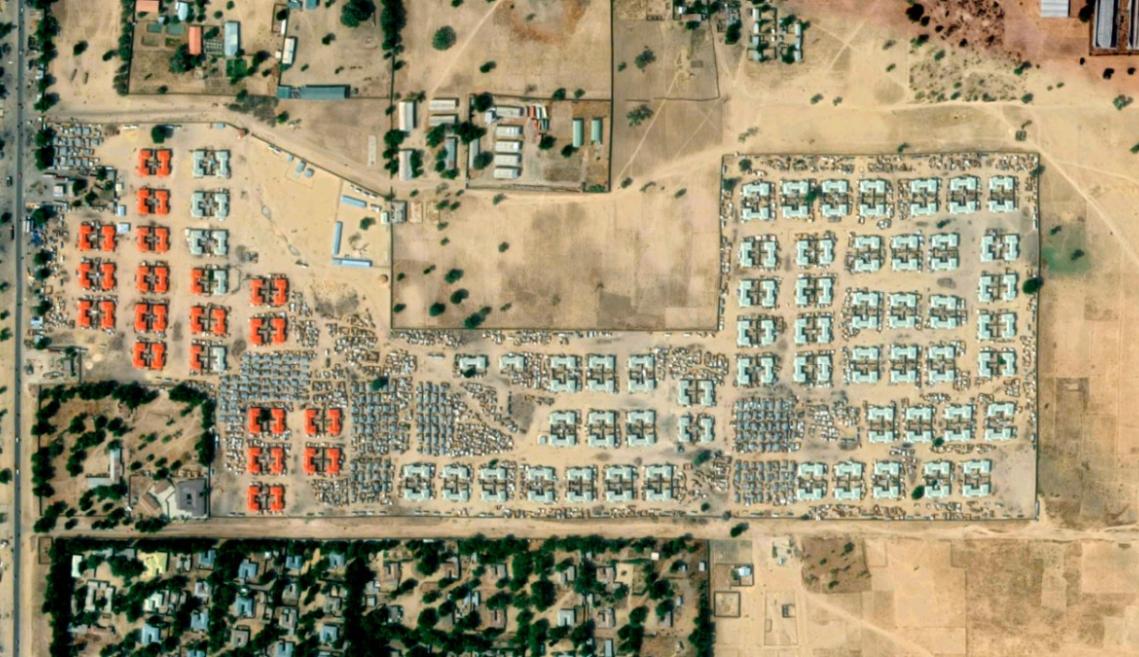In the region’s largest city, Maiduguri, an estimated 130,000 displaced people have settled into urban and peri-urban camps – part of more than 1.4 million displaced people living in camps throughout Borno State alone.
Many in the camps are farmers, cut off from their lands and communities and unsure of when they will be able to return home, get back to their fields and earn a living again. And a significant portion of these farmers are women, many of whom face obstacles because of their gender.
Amid these dire circumstances, a program is helping displaced Nigerian farmers create income opportunities and plan for the future by providing gender-responsive training, education about best agronomic practices, access to land and seed, and marketing opportunities.
“The idea is for them to have the knowledge, for them to know what they are doing when they go back to their homes, so that they will be self-reliant,” says program leader Kachalla Kyari Mala, a researcher at the Lake Chad Research Institute, part of the Agricultural Research Council of Nigeria.
The institute initiated the training program in 2018 to assist displaced wheat farmers living in the camps. The project launched after Mala and his team received training in gender-responsive agriculture research methods starting in 2017 through the Gender-responsive Researchers Equipped for Agricultural Transformation (GREAT) project, a joint effort between Cornell’s Department of Global Development and Makerere University in Kampala, Uganda.







